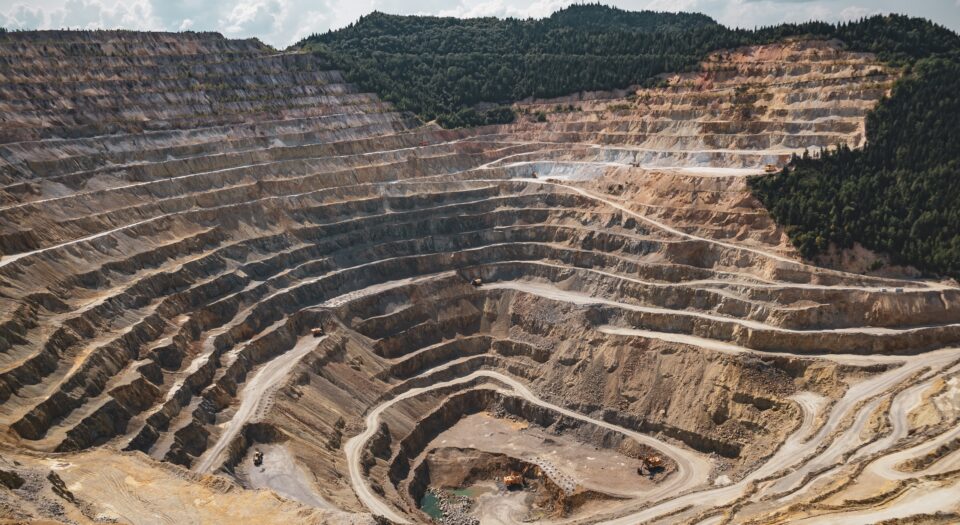The Sins of our Supply Chains
How U.S. Corporate Law Enables Corporations To Profit from Slavery Abroad
Ariq Hatibie
February 28, 2023
What do our toothpaste, our phones, and the chocolate we gift our loved ones have in common? On one hand, they tell a profound story of human innovation. An iPhone’s semiconductor is manufactured in Europe, its memory chips in America, and its wi-fi components in Japan, before traveling to China for assemblage in a factory owned by Taiwanese manufactures, then being shipped to Apple’s retail outlets worldwide. 43 countries and 6 continents lend their labor and resources to a technology used universally in daily life.
It is not just complex electronics. Take Nutella, whose production involves Nigerian cocoa, Brazillian sugar, Malaysian palm oil, and Turkish hazelnut combining in French processing plants before being sold in grocery stores the world over.
Indeed, technology and supply chains have advanced so far that every iPhone and every jar of Nutella is a Frankenstein’s monster, made up of a smattering of “intermediate goods” from every corner of the world. Our global trade system has taken the Ricardian fantasy of “comparative advantage,” the idea that countries should produce goods in which they are the most specialized, to its utmost extreme. Nowadays, countries no longer specialize in complete goods, but mere fractions of them.
Hidden behind this complex network, however, is an entirely different story, of how the tendrils of corporate power wrap and structure the global conveyor belt to pump consumer goods at minimal cost, and maximal profit, into our households. As production fractures into a million steps separated by vast distances, it is increasingly difficult to track the conditions under which these products are made — a brute fact that corporations exploit to perpetuate human rights abuses like forced labor and child slavery.
At the very heart of these atrocities is the law, specifically corporate law, whose toothlessness gives corporations free rein to profit from abused labor in developing countries.
Viewing this second story through kaleidoscopic lenses will illuminate a common denominator. Behind the cobalt that helps an iPhone save memory, the palm oil that people use to flavor their food, and the chocolate used to satisfy our guilty cravings, is the exact same tale, played on repeat: of forced labor and human trafficking being exploited to supply the world’s wants. At the very heart of these atrocities is the law, specifically corporate law, whose toothlessness gives corporations free reign to profit from abused labor in developing countries.



![[F]law School Episode 5: The Business of Boredom](https://theflaw.org/wp-content/uploads/2024/10/Reed_1-640x427.jpg)






